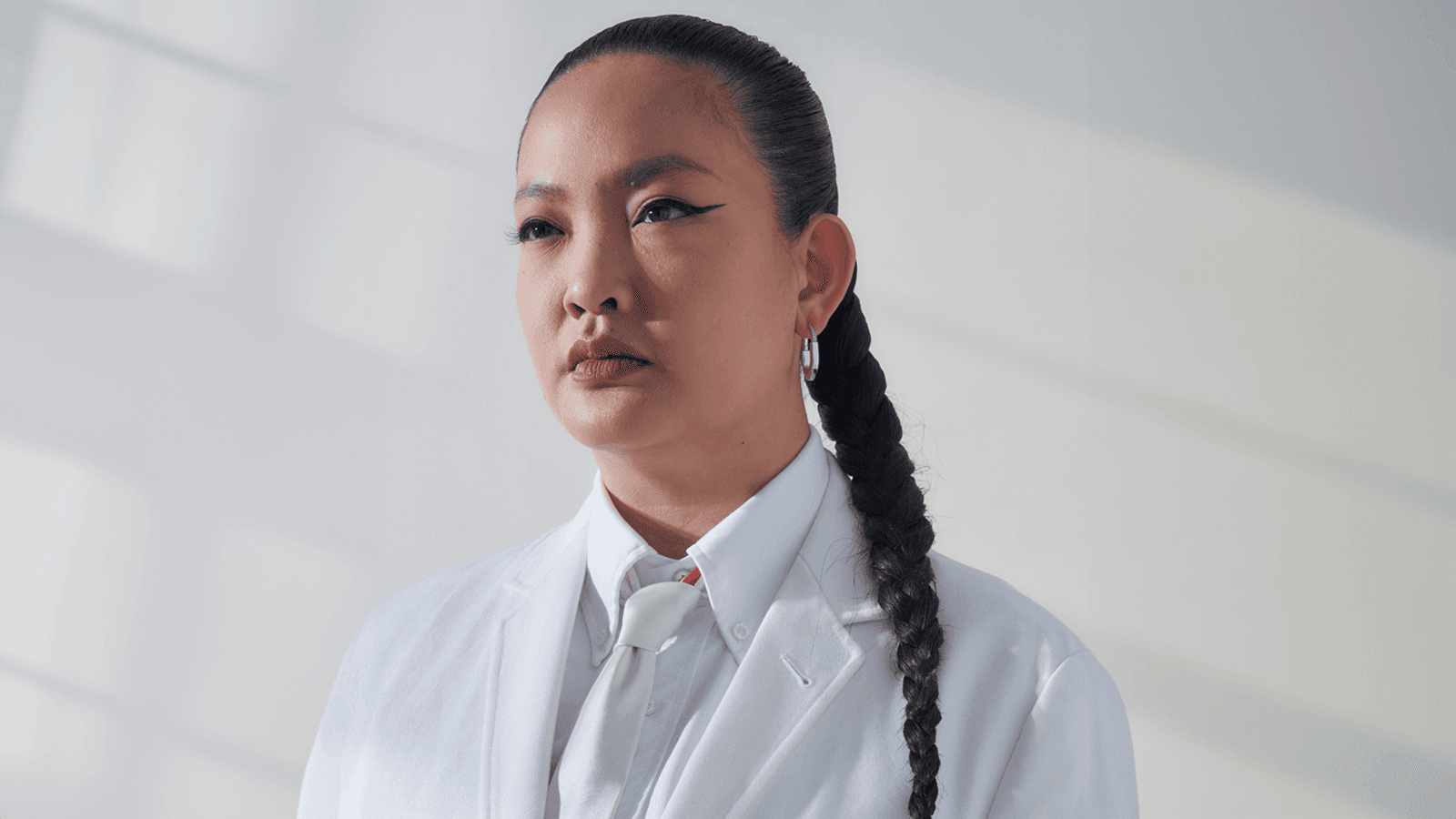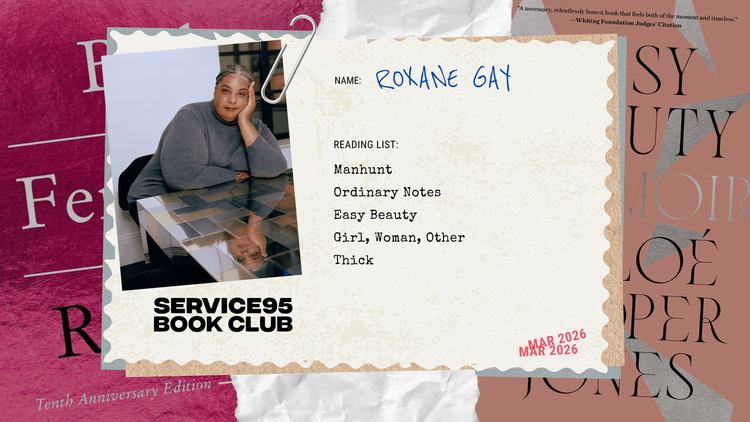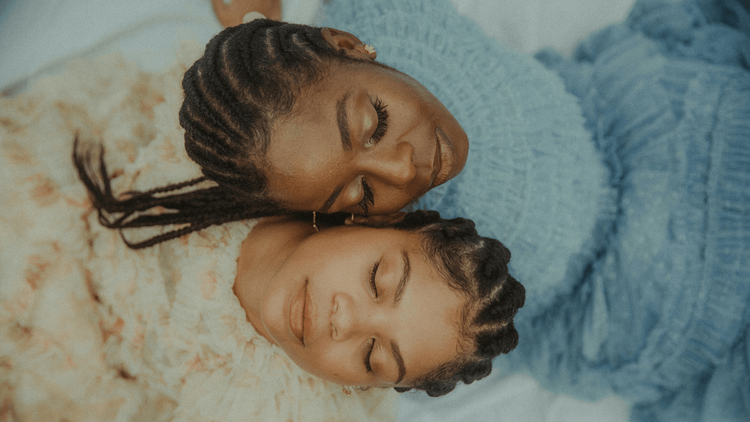Publishing your memoir at the age of 33 might sound a little premature. For many, our early thirties are just the beginning of figuring out who we are, let alone what our life story and legacy will be. But Amanda Nguyen has already lived several lifetimes. She’s addressed the US Congress and United Nations, written and changed laws, founded an international human rights organisation and been nominated for the Nobel Peace Prize – and that was only her first act. Now, she is training to become an astronaut. In a matter of weeks, she will be the first Vietnamese woman to fly into space.

It was a childhood dream she’d been diligently working towards: top of the class at school; accepted to study astrophysics at Harvard; interning at NASA. Born to Vietnamese war refugees in California, her family used the stars to navigate their way to freedom by boat, a powerful backstory she often tells when people ask where her strength and ambition springs from. “The whole truth is a little more complex,” she admits. “Succeeding was also my way of surviving, of growing up. My father was abusive, something I’ve never spoken about publicly until now, and if I didn’t secure the scholarships, the internships, the jobs, then I would’ve had to return to a broken home.”

Harvard was supposed to be her safe space: an injunction meant her father couldn’t set foot on campus. But one night, three days after her 22nd birthday, her life violently changed course when she was raped by a classmate. Her new book, named Saving Five after the five stages of grief and the recurring character of her five-year-old self, opens with this earth-shattering attack. After being examined in hospital and given a pile of pills (emergency contraception, antibiotics, HIV prevention meds), Amanda was told that her rape kit – the DNA evidence gathered from her forensic exam – would automatically be destroyed within six months. When the average time it takes to bring a rape case to trial is 2-3 years in the US, and only 1 in 100 rape survivors actually sees justice, the routine destruction of physical evidence made it feel like the system was rigged against her. “I felt hopeless in that moment, and so incredibly alone,” says Nguyen. “I’d gone to the hospital, I’d gone to the police, I did all the things rape survivors are told to do, only to find out it would likely come to nothing.”
Arriving back at her dorm room that night in the depths of her grief, she scribbled a note to herself: ‘Never, never, never give up.’ She taped it to her laptop as a mantra to carry her through the next few years of her life. “I’m an accidental activist in the sense that it’s not what I wanted to be – I wanted to be an astronaut,” she says. “But I deferred my dreams to fight for my rights, because no one else was going to do it for me.” Indeed, determined to break down the barriers to justice, she founded her own civil rights nonprofit, Rise, to platform survivors’ voices.
Rise started with an email; Amanda reached out to her network, sharing her story as painful proof that change to the justice system was desperately needed. The email was shared far and wide and the response was huge, with everyone from lawyers to coders to local politicians offering to lend their skills to her cause. With their help, within two months she’d drafted the Sexual Assault Survivors’ Bill of Rights, demanding that evidence be preserved for the entire statute of limitations. President Obama signed it into federal law in 2016, but Nguyen declined the offer to have it named ‘Amanda’s Law’, believing the focus should remain on survivors, not her.

“When the US bill passed, I then had millions of survivors around the world writing to me and saying, ‘we also need these rights in my country’. It became a global fight,” says Nguyen. Her activism took her all the way to the United Nations which, in 2022, adopted her landmark guidance for treatment of sexual assault evidence in all UN countries. “That was the moment I felt I’d done my duty to the 1.3 billion survivors around the world,” says Amanda, “And that was when I decided it was time to keep a promise to myself.” Amanda’s civil rights work earned her a Nobel Peace Prize nomination in 2019, and Rise continues to go from strength to strength as an incubator for future activists, giving people the tools to affect real-world change.
Alongside her role as CEO, for the past three years Amanda has also been undergoing intensive astronaut training, and this spring she’ll take off on Blue Origin’s New Shepard rocket as part of the first all-female crew in the history of space flight. “I was really nervous going into the training programme; I’d been out of the STEM field for a few years and here I was, surrounded by incredibly smart physicians and engineers and oncologists,” she says. “But it turns out there are 100% transferable skills between being an activist and being an astronaut.”
She recalls intense nerves during a water landing simulation, which saw her strapped to a chair in a neutral buoyancy tank. “My oxygen failed and I knew I had to make a split-second decision that, in real life, would’ve had huge consequences for the mission. There were many moments of immense pressure like that in my activism, where I was asked a question about the worst day of my life and had to think quickly and clearly,” she says. The training is preparing her to conduct vital research in space: she’ll help develop healthy and effective materials for managing menstruation during long flights. This is why Nguyen calls herself the first ‘civil rights astronaut’ – she sees this space mission as part of her wider personal mission to make the world a fairer, safer place.
She knows it will be lifelong work, because there’s still so much to be done – especially for women. “I’m grateful for the progress that’s been made but, ultimately, I just want to wake up free. Free to walk down the street at night without having to clutch keys between my fingers,” she says. “I don’t think we’ll have arrived at that kind of freedom until a woman can feel safe to open her first-floor window at night so that she can get a breeze in the summer. There are still all these enormous, invisible taxes we must pay, just to survive. Which is why I’ll never stop fighting to reform our justice systems, so they’re actually trauma-informed.”
How does she maintain the headspace for such high-stakes work? Nguyen says she’s intentional about finding pockets of joy and silliness in her downtime. “I’m lucky to have friends who are constantly sending me memes, and I have this folder of TikToks I go to when I need a laugh,” she says. “I’m always looking for those glimmers in life: an especially good cup of matcha or the way a leaf catches the light as it falls. I still have childlike wonder about things.” It’s Amanda the child, the five-year-old self she continuously refers back to in Saving Five, who’ll be on her mind when she achieves her cosmic dreams this year. “It’ll be a moment for me to tell myself, and every survivor out there: you are still the person you were before you were hurt, and her dreams still matter.”
Nguyen is already anticipating the moment, far above Earth, when weightless tears will start to cloud her vision. “Astronauts take a small token to use as a zero-gravity indicator; when it floats, you know you’re in space,” she explains. “Mine will be the note I wrote to myself after I was raped: that scrap of paper that says, ‘Never, never, never give up’. I’ll be looking at that as I fly over Earth, and I’ll know that my promise to my younger self has been fulfilled.”
Amanda’s book Saving Five: A Memoir Of Hope is out now












